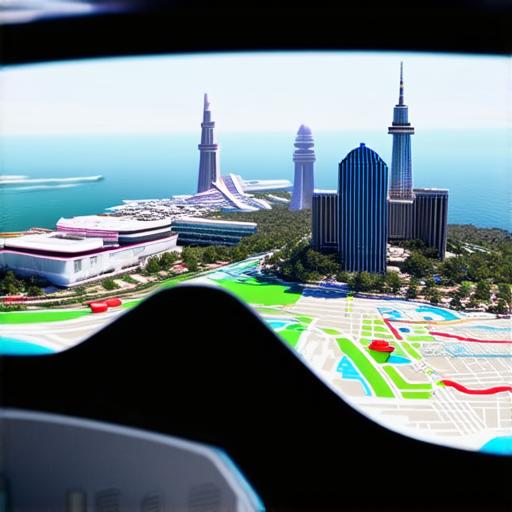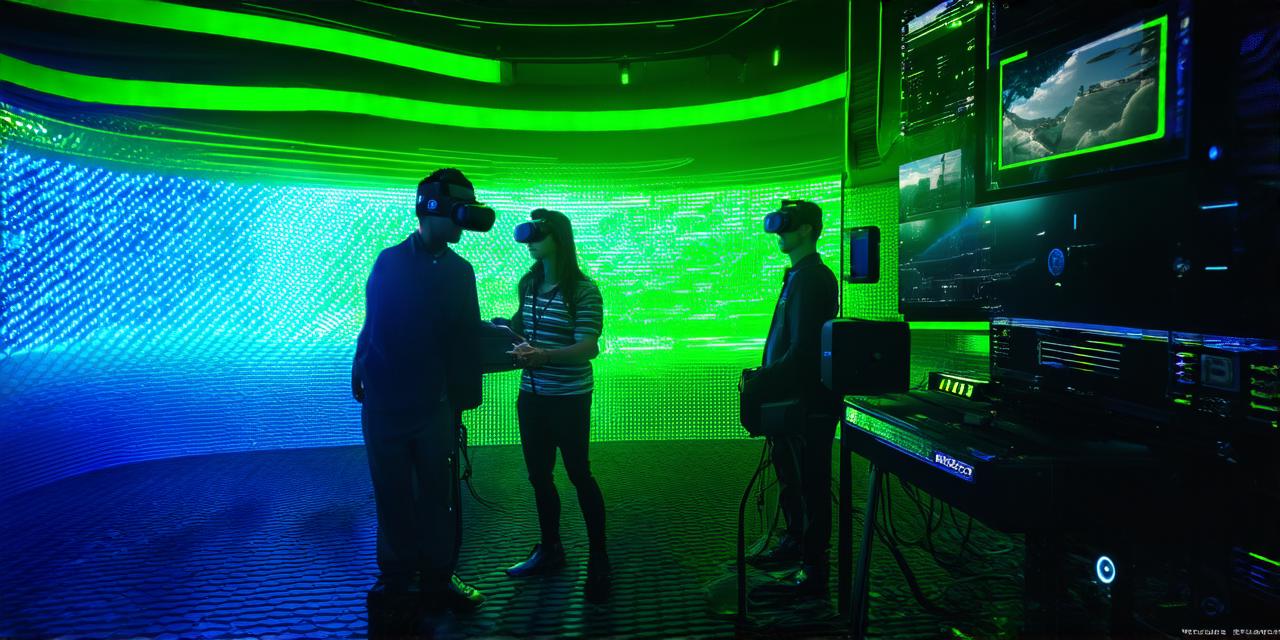
Will virtual travel replace real travel?
Virtual travel has become increasingly popular in recent years, with the rise of virtual reality technology and the ability to experience different cultures and places from the comfort of your own home. While virtual travel offers some advantages over real travel, such as affordability and convenience, it is unlikely to completely replace real travel.

In this article, we will explore the pros and cons of virtual travel and why it is important to continue experiencing the world through real travel.
Table of Contents
ToggleAdvantages of Virtual Travel
1. Affordability: Virtual travel can be significantly cheaper than real travel, as it eliminates the need for expensive flights, accommodations, and transportation costs. This makes it accessible to a wider range of people who may not have had the opportunity to experience different cultures and places otherwise.
2. Convenience: Virtual travel allows you to explore new places from the comfort of your own home, without the hassle of packing or traveling. You can also visit multiple destinations in a short period of time, which is not possible with real travel.
3. Immersive Experience: Virtual reality technology offers an immersive experience that can transport you into different worlds and environments. This can be particularly useful for those who may not have the ability to physically travel to certain places due to physical limitations or other constraints.
Disadvantages of Virtual Travel
1. Lack of Authenticity: Virtual travel cannot replicate the real-life experience of exploring new places and experiencing different cultures firsthand. The sights, sounds, smells, and tactile sensations that come with traveling are all lost in virtual travel.
2. Limited Interaction: Virtual travel does not offer the same level of interaction as real travel, as you cannot physically interact with people or the environment around you. This can limit your ability to learn about different cultures and make meaningful connections with new people.
3. Environmental Impact: Virtual travel requires a significant amount of technology and energy resources, which can have a negative impact on the environment. On the other hand, real travel has a lower carbon footprint as it does not require the use of virtual reality technology.
Why Real Travel is Important
Real travel is important for several reasons:
-
Personal Growth: Traveling allows you to step outside of your comfort zone and experience new things, which can lead to personal growth and development. It also allows you to broaden your perspective and gain a better understanding of different cultures and ways of life.
-
Cultural Exchange: Real travel offers the opportunity to interact with people from different backgrounds and learn about their cultures through firsthand experiences. This can help to break down stereotypes and promote understanding and tolerance between different groups.
-
Memory-Making: Traveling with loved ones or friends creates memories that will last a lifetime, and real travel offers the opportunity to create these memories together in person.
Summary
In conclusion, while virtual travel has its advantages, it is unlikely to completely replace real travel. Real travel offers an authentic and immersive experience that cannot be replicated through virtual reality technology. It also provides opportunities for personal growth, cultural exchange, and memory-making that are not possible with virtual travel. Therefore, it is important to continue experiencing the world through real travel while also utilizing virtual travel as a complementary tool.

